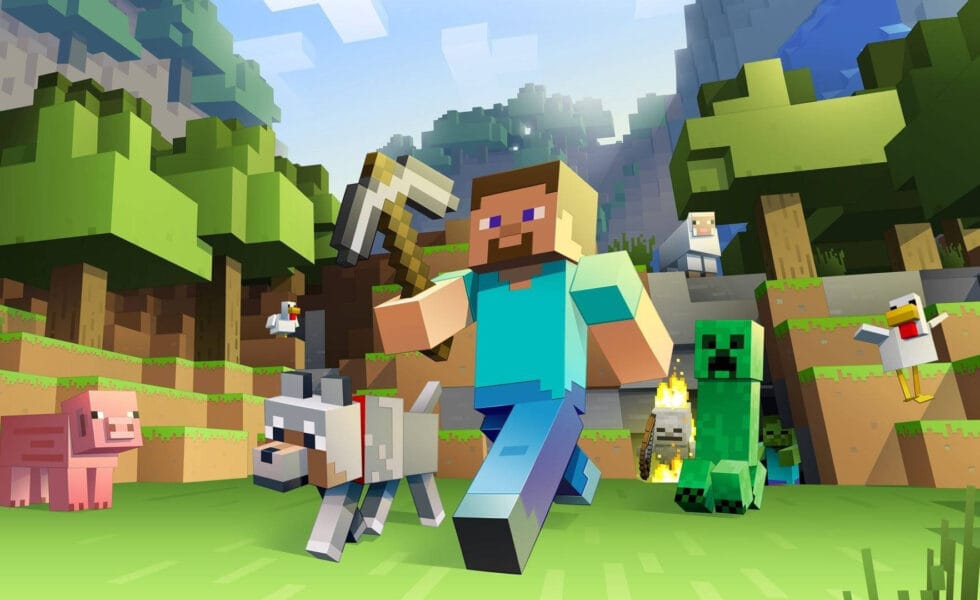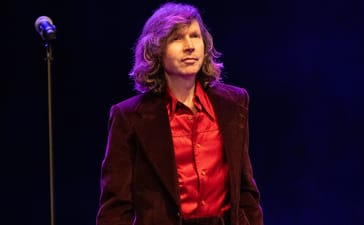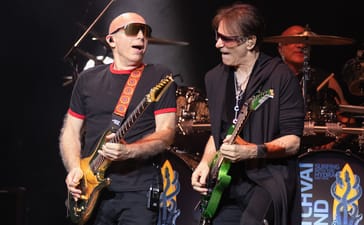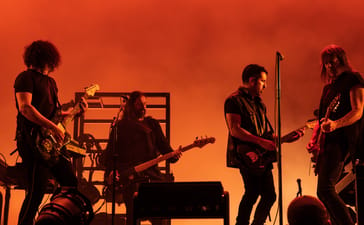There was a time when finding new music meant digging through stacks of CDs, flipping through zines, or burning midnight data on MySpace streams. These days, discovery’s gone digital, but that doesn’t mean it’s lost its edge.
While algorithm-driven playlists have made it easy to find something, they rarely lead you to what matters. The deeper scenes, the weird crossovers, the unreleased demos from a Brisbane noise band that only plays warehouses and lives in your head rent-free – that’s not coming through the algorithm. That’s still being hunted down.
From late-night Bandcamp hauls to trawling Discord for the most obscure recommendations from mates and the scene, today’s music fans are more like curators than consumers. They’re bypassing recommendation engines and finding their own paths through a jungle of content that’s often too weird, too local, or too rough for mainstream platforms.
The New Digging Grounds
Community is everything. Whether it’s in comment threads on niche YouTube uploads, shoutouts in Twitch streams, or track swaps on private Reddit threads, the best discoveries are still coming from real people. There’s a raw kind of trust in someone who drops a link in a group chat with no context beyond “you need this.”
Fans are also getting smarter about how they interact with platforms. They’re dodging region locks, using alt accounts to follow different scenes, and even syncing streams across multiple services to catch rare drops or pre-releases before they disappear. It’s DIY culture, remixed for 2025.
In these kinds of digital spaces, user freedom matters. It’s one reason why some fans, particularly those tuned into broader internet privacy culture, have gravitated toward platforms outside the usual. In conversations around how to pay for music, buy merch, or support creators directly, even mentions of Aussie casino sites occasionally surface – not because they’re music hubs, but because their casino models reflect what users now want: minimal friction, flexible access, and no needless roadblocks.
Much like crate-digging or tape-swapping, it’s less about what the platform is and more about how freely you can use it.
Culture That Moves Faster Than the Feed
While major labels and streaming giants play catch-up with licensing and distribution models, independent artists and fans have already moved on. They’re building hyper-local ecosystems with their own economies and ethics. Limited runs, digital collectibles, private livestreams, and DM-only releases are all part of the game now.
Fans who used to line up at merch tables are now buying straight from an artist’s payment link, often minutes after a new track drops on SoundCloud. And while some of those transactions might feel scrappy, they’re often more direct and respectful of artist control than anything going through a major platform.
Even the concept of a “music fan” has evolved. Today’s listener might also be an archivist, a graphic designer, a playlist curator, or a scene historian. They’re remixing roles as fast as the artists are dropping tracks, building culture in real time.
The best parts of music culture have always existed slightly outside the lines – off the charts, off the books, and just under the radar. That’s not changing. What is changing is how fans navigate it.
Whether it’s pulling rare tracks from obscure corners of the internet or jumping onto platforms that value access over admin, this generation of fans is rewriting the rules. And in a world that moves fast, the ones paying attention aren’t waiting around for permission.






